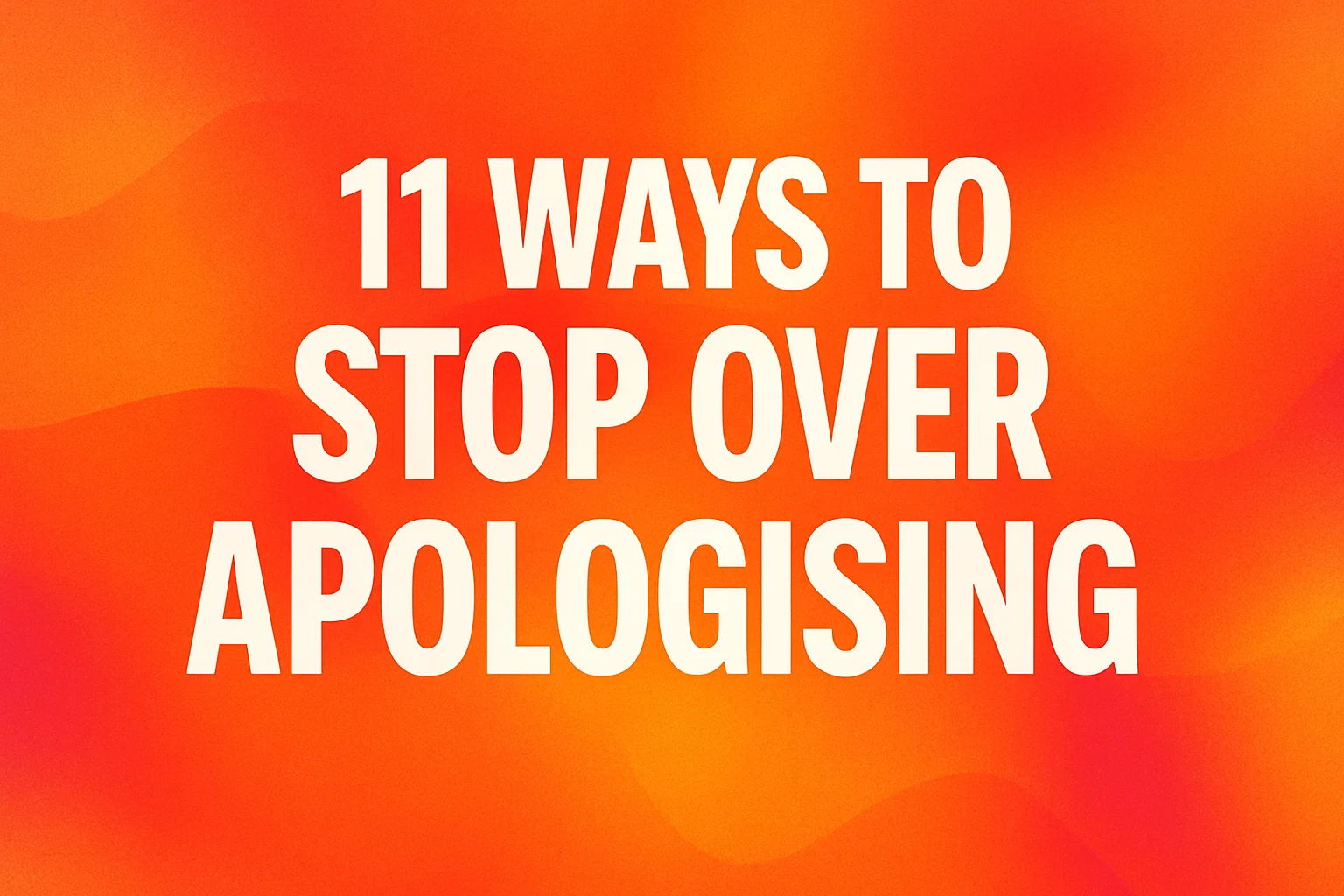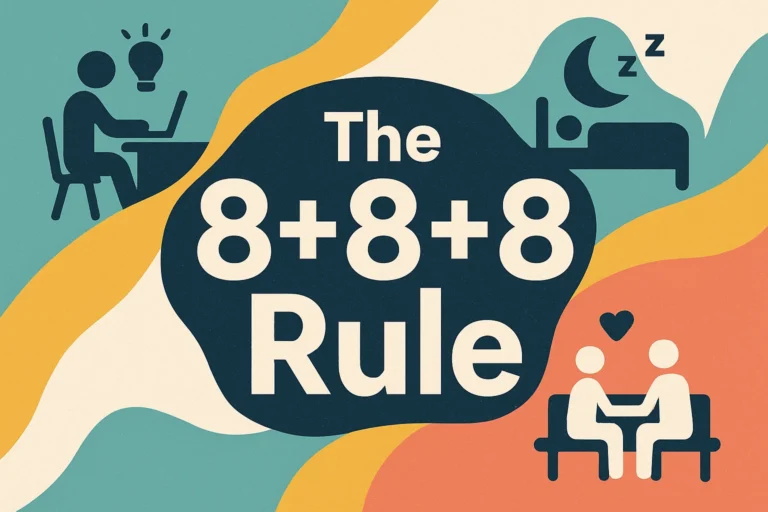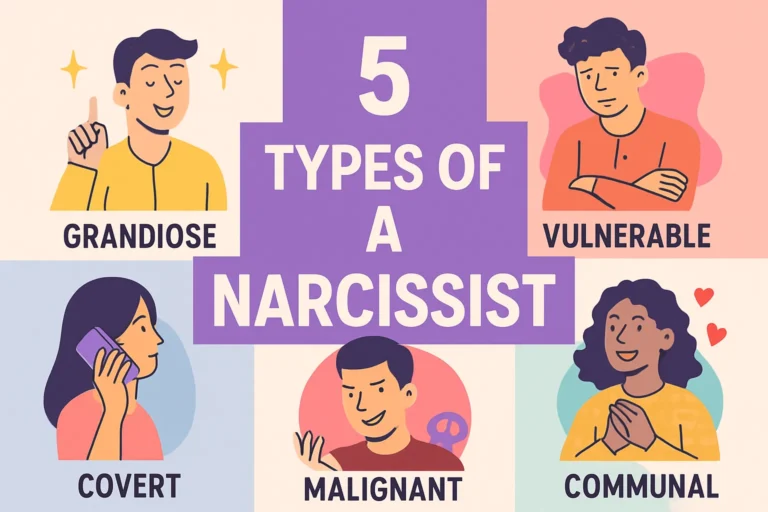11 Ways to Stop Over Apologizing Psychology Tips to Boost Confidence and Assertiveness
11 Ways to Stop Over Apologizing: Psychology Tips to Boost Confidence and Assertiveness
Ever caught yourself saying “sorry” when someone bumps into you? Or apologizing for… existing? Yeah, me too. Over-apologizing is like a bad habit we didn’t sign up for—yet here we are, saying “sorry” for things that don’t even need an apology.
The good news? You can break the cycle. And no, you don’t have to turn into a ruthless villain who never apologizes (unless that’s your vibe—no judgment here). Instead, let’s find that sweet spot between being polite and being a doormat.
Here are 11 psychology-backed ways to stop over-apologizing and reclaim your confidence.
1. Recognize When You’re Apologizing Unnecessarily
First things first—let’s play detective. Start noticing every time you say “sorry.”
- Did you apologize because you actually messed up?
- Or was it just a reflex? (Like when you say “bless you” to someone who sneezed three rooms away.)
Pro tip: Keep a mental (or actual) tally. Awareness is step one to breaking any habit.
2. Replace “Sorry” with “Thank You”
This little switch is magic. Instead of:
❌ “Sorry I’m late.”
✅ “Thanks for waiting!”
See the difference? You’re acknowledging the other person’s patience without putting yourself down.
3. Ask Yourself: “Did I Actually Do Something Wrong?”
Before dropping an apology, pause and ask:
- Was this my fault?
- Did I cause harm?
- Or am I just trying to avoid conflict?
If the answer is no, skip the apology. You’re not responsible for other people’s bad moods (unless you stole their lunch—then yeah, apologize).
4. Practice Assertive Communication
Being assertive ≠ being rude. It’s about expressing yourself clearly without unnecessary guilt.
Instead of:
❌ “Sorry to bother you, but…”
Try:
✅ “Hey, got a sec? I’d love your input on this.”
Bold move? Maybe. But it feels so much better.
5. Embrace the Power of Silence
Awkward silence after a minor inconvenience? Don’t rush to fill it with an apology.
Example:
– Someone bumps into you.
– Instead of “Oh, sorry!” (for… existing in their path?), just smile and keep walking.
Silence is golden—especially when it saves you from unnecessary self-blame.
6. Set Boundaries (Without Apologizing for Them)
Saying no is not a crime. Yet, many of us act like it is.
Instead of:
❌ “Sorry, I can’t make it…”
Try:
✅ “I won’t be able to make it this time, but I hope you have fun!”
No guilt. No explanations. Just clear, respectful boundaries.
7. Challenge Your People-Pleasing Tendencies
If you’re a chronic over-apologizer, chances are you’re also a people-pleaser. (Guilty as charged.)
Ask yourself:
– Am I apologizing to keep the peace?
– Or because I genuinely did something wrong?
FYI: You don’t owe anyone constant emotional labor.
8. Use “I” Statements Instead of Apologies
Instead of framing things as mistakes, reframe them as preferences or needs.
❌ “Sorry for being emotional.”
✅ “I’m feeling a bit overwhelmed right now.”
This keeps the focus on your experience—not on seeking forgiveness for existing.
9. Build Your Self-Worth
Over-apologizing often stems from feeling like you’re “too much” or “not enough.”
Try this:
– Write down 3 things you’re proud of about yourself.
– Remind yourself that you don’t need to shrink to make others comfortable.
Easier said than done? Sure. But worth it? Absolutely.
10. Observe Confident People
Ever noticed how some people rarely apologize unnecessarily? Take notes.
- How do they phrase things?
- What’s their body language like?
You don’t have to mimic them, but you can borrow a little of their unapologetic energy.
11. Give Yourself Permission to Be Imperfect
Newsflash: You’re human. You’ll make mistakes—and that’s fine.
Instead of:
❌ “Sorry for rambling!”
Try:
✅ “I’m really passionate about this topic!”
Own your quirks. The right people won’t mind.
Final Thought: Stop Saying Sorry for Taking Up Space
At the end of the day, over-apologizing is often a sign that we don’t feel entitled to our own needs, opinions, or presence. But here’s the truth: You belong here just as much as anyone else.
So next time you’re about to apologize for something trivial, pause. Take a breath. And ask yourself: “Do I really need to say sorry—or am I just conditioned to?”
Breaking this habit won’t happen overnight, but every small step counts. And hey, if you slip up? No need to apologize for it. 😉
Now go forth—and say “sorry” only when you mean it.







